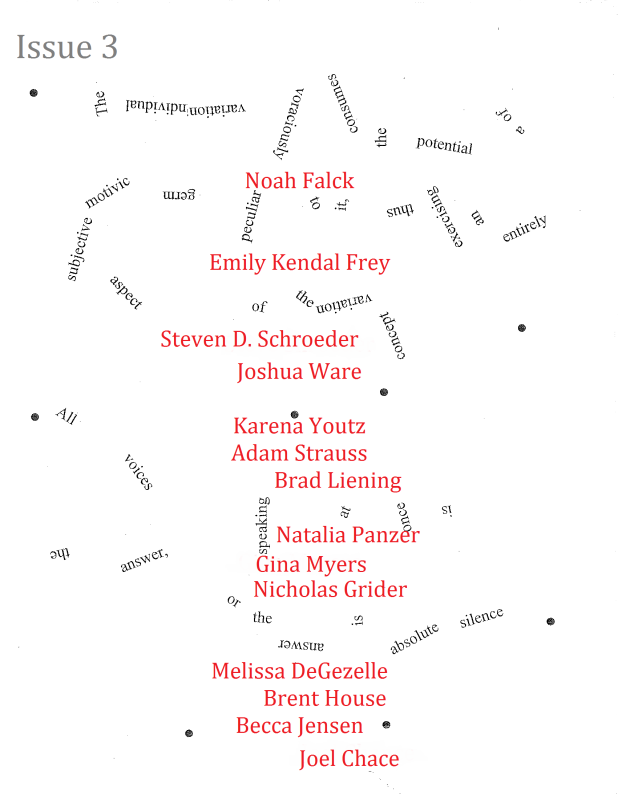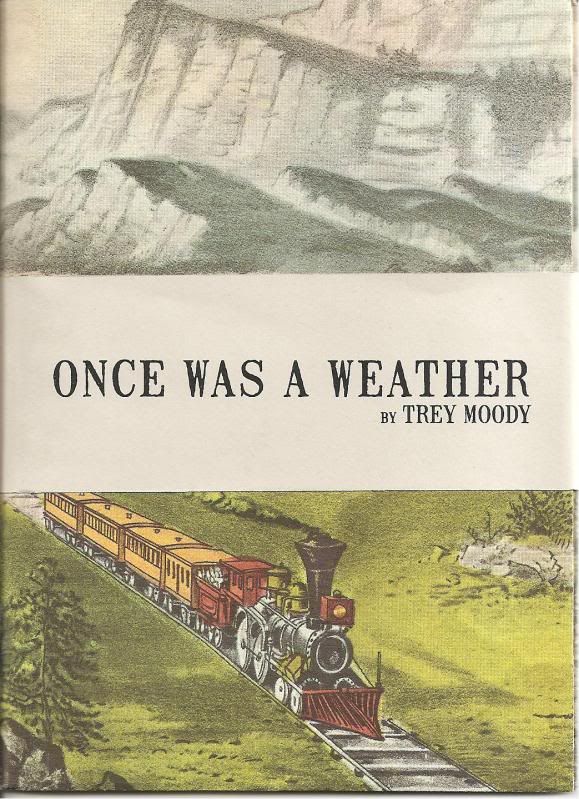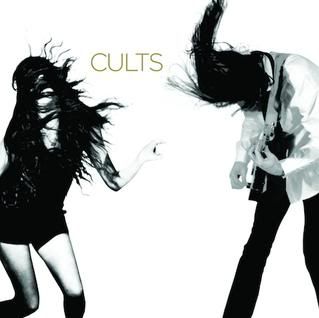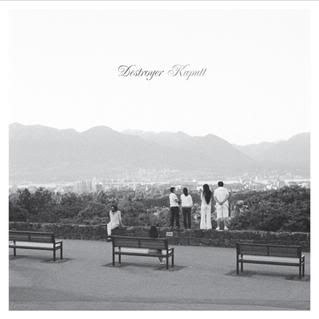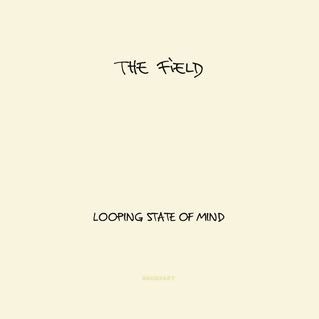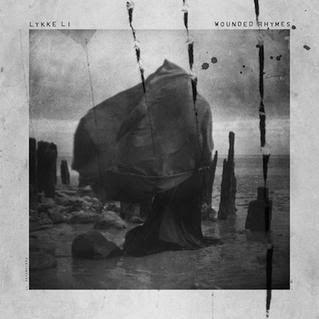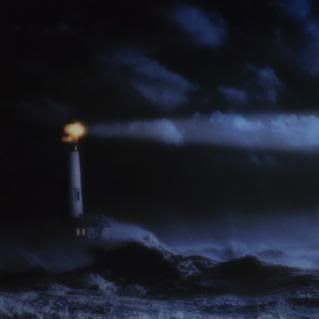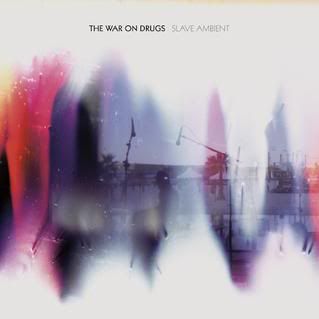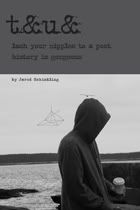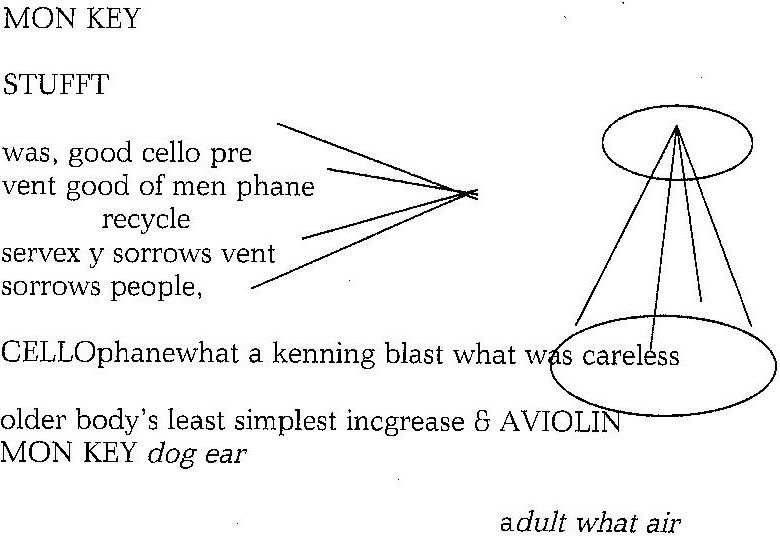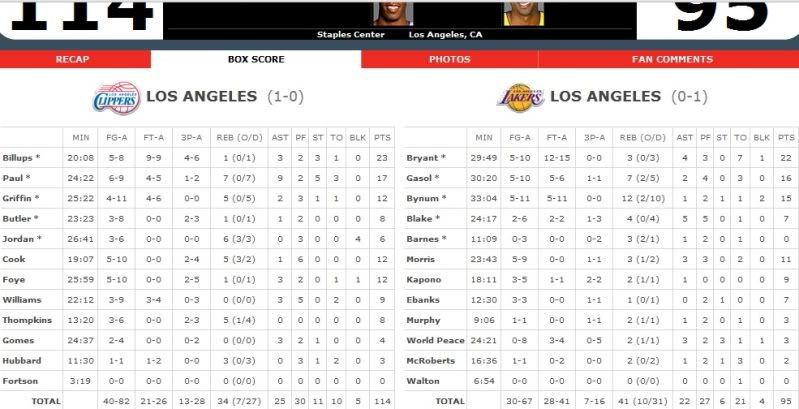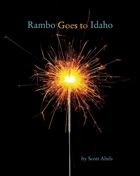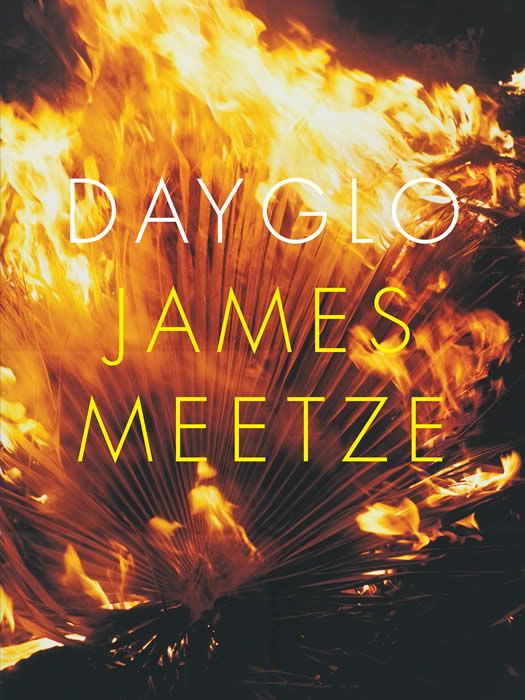
Terrance Hayes selected Dayglo by James Meetze as the winner of the 2010 Sawtooth Poetry Prize from Ahsahta Press; it was published in January of this year (2011). The poems of Dayglo construct a linguistic landscape that is rooted, decidedly, in San Diegan imagery (which, not coincidentally, is the author's current residence).
Highlights of the collection include the first poem "It's Overhead" and the title poem, which opens the third section. In the former of these two poems, Meetze writes: "Poetry too is subject / to fogginess and wobble. / Our beacons never near / enough to illuminate / what we don't know" (4). In many cases, one could consider this phrase to be an ars poetica for the book as whole, in that nothing in these poems is fully illuminated, and thus a fogginess surrounds them. Of course, this "fogginess and wobble" allows for the reader to swim about in a vast ocean of unknowing outside the glare from beacons of understanding, leaving only a particular type of nostalgia for lost meaning: "We remember what it is / to be bathed in light, / to read and be changed" (4). But if the poetry in this collection wobbles in the fog outside of the known and abjures a change in the reader, what then does this collection intend to do? One could argue that through his naturalistic but fragmented lyrics, Meetze wants "To train the swimmer's ear / to recognize harmonic / reason" (5), which, ultimately, enables one "To speak underwater or / to echolocate a companion" so that "you become the conductor of a sound / only ever dreamt of" (7). To hear and speak in or underwater so that, through "harmonic / reason," one can "echolocate a companion": poets connecting with poets through a language of water "only ever dreamt of."
The poem "Daylgo, " in contradistinction to "Its Overhead," moves away from water (one can assume, in this case, the Pacific Ocean) as a trope and toward a more conflicted zone inland, in which "the dark of rain and resilient sun / now meet" so as to produce a "gray" area wherein "the mind attributes color to an idea" (41). In this gray confluence of "dark...rain" and "resilient sun" where "the mind" filters "an idea" through "color," we find a series of juxtapositions that offer readers a middle space in which conflicting images (and thus thought) arise. Take, for example, "The freeway's rush of hybrid cars and hummingbirds birds" or a place where "Mountains of earth rise from marshland / where we live background lives / with basketball hoops in the driveway" filled with "digital children and their rapid-fire, / virtual dreams" (41), or, likewise, overhead where "FA-18 Hornets boom above the freeway / as eucalyptus leaves rustle" (51). How, it should be asked, does one navigate these contradictions within a place? For the average citizen, the "Dumb American" (49), it may be something that simply happens, in that it is not considered; or, as Meetze writes: "How the transaction between people / and place happens / when it becomes part of what we do" (52). Perhaps, this "transaction between people / and place" simply "happens" because it is just something that "we do"; but for the poet, it would appear, something else is expected. The poet must be both a receptacle and transmitter of these contradictions, transforming them into art. To this extent, the poet must "listen to the room and its silences" and become "a silent container" (52), but also "become the glare of earthly sounds, / the culture of noise" (47). Silence and sound transacting within the poet, place and people transacting in the poet. A nexus of contradictions forms within the mind, and the poet must then "scatter their foreign parts" (52) onto the page for the sake of the poem.



